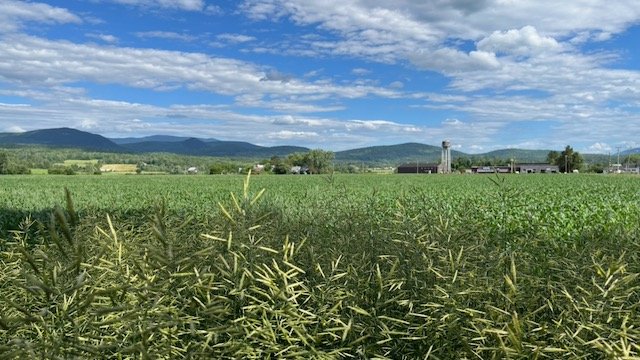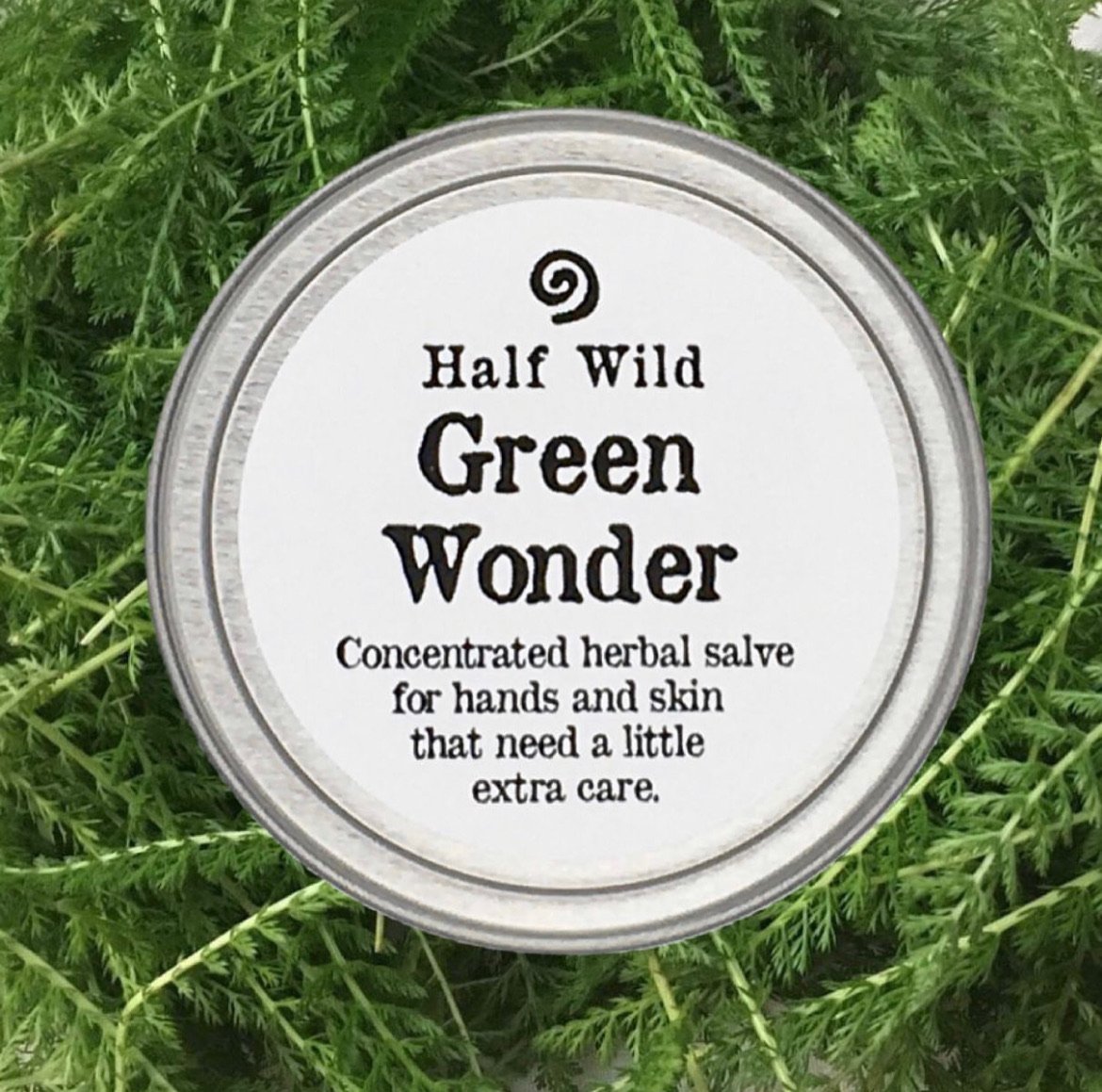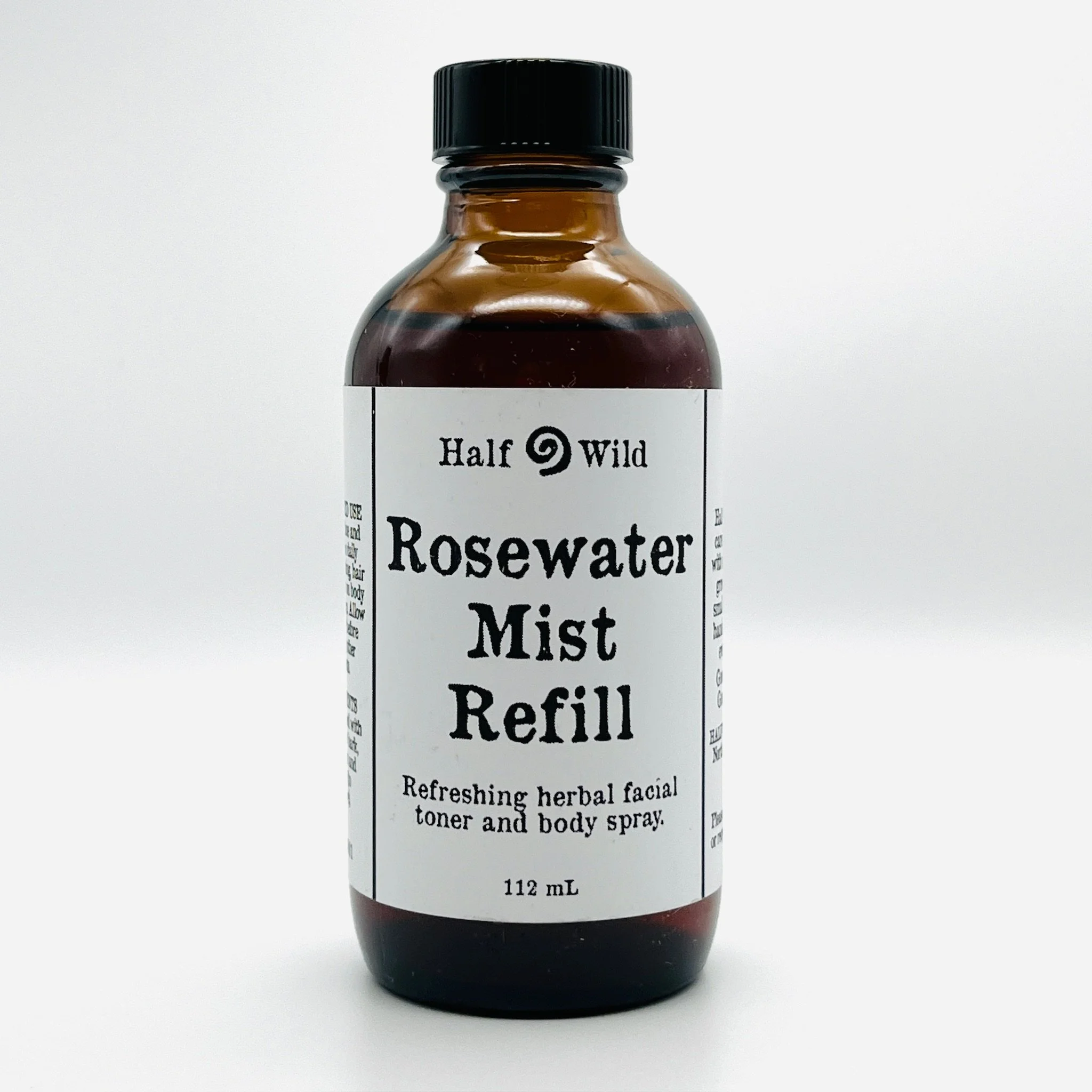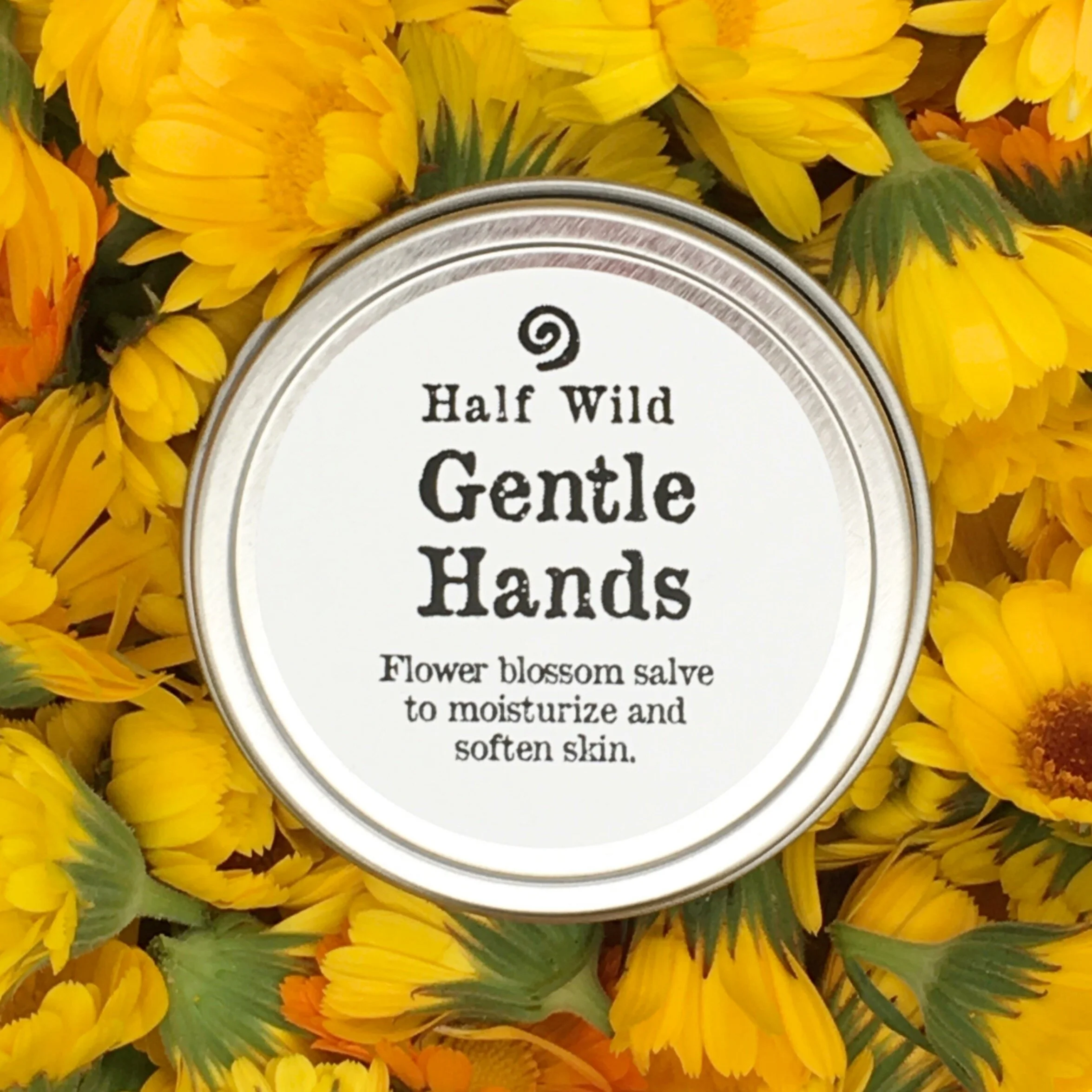We humbly acknowledge that our farm is located on the traditional lands of the Abenaki people (alnôbak), who have lived in and cared for this region of N’dakinna—the unceded ancestral homeland of the Abenaki and Wabanaki peoples—since time immemorial. The Abenaki have stewarded these lands, farming along the banks of the Upper Connecticut River Valley since the glaciers receded, cultivating the rich biodiversity and fertile soils that continue to sustain this region today.
Looking from North Haverhill towards Mt. Moosilauke.
The sister towns of Haverhill, NH, and Newbury, VT, located on either side of Kwanitekw (the Connecticut River), are the site of the historic Abenaki settlement known as Koas. The name refers to the towering white pines that once dominated the landscape and are now regaining their height after centuries of logging. Koas was a vital part of Abenaki life, a place of agriculture, hunting, and trade, where families tended fields of corn, beans, and squash along the fertile riverbanks, where many of our neighbors still grow corn and pumpkins today. This land remains deeply connected to Abenaki history and resilience, and we honor the ongoing presence of Indigenous people who continue to call this region home.
We recognize that the continued presence of Indigenous people in this region has been deliberately erased through colonization, displacement, and systemic efforts by local governments to obscure their existence. Indigenous families were forced to flee to Canada or hide their heritage to survive, and the Abenaki people were struck from official records, creating the illusion that they had disappeared. But the Abenaki people are still here. Their cultures and traditions remain strong, and they continue to practice and pass down their knowledge of the land.
We acknowledge that we benefit from living and farming on these lands, and we commit to honoring the stewardship, resilience, and rights of Indigenous people, following their leadership and land practices whenever possible. We encourage everyone to learn about the original peoples of the land where they live and to seek ways to stand in solidarity with Indigenous communities.
For more information and ways to support Indigenous communities, we encourage you to visit:
🔗 Abenaki Tribes & Organizations:
Nulhegan Band of the Coosuk Abenaki Nation – www.abenakitribe.org
Elnu Abenaki Tribe – www.elnuabenakitribe.org
Koasek Traditional Band of the Koas Abenaki Nation – www.koasekabenaki.org
Odanak First Nation (Québec) – www.cbodanak.com
Wôlinak First Nation (Québec) – www.wolinak.com
🔗 National Indigenous Organizations & Resources:
Native Land Digital (Learn whose land you are on) – www.native-land.ca
First Nations Development Institute – www.firstnations.org
Indigenous Environmental Network – www.ienearth.org
Native American Food Sovereignty Alliance – www.nativefoodalliance.org
We express our deep respect for the Abenaki people, their past and present contributions, and their enduring relationship with this land. May we all continue to learn, listen, and take action toward a future of justice and healing.





















